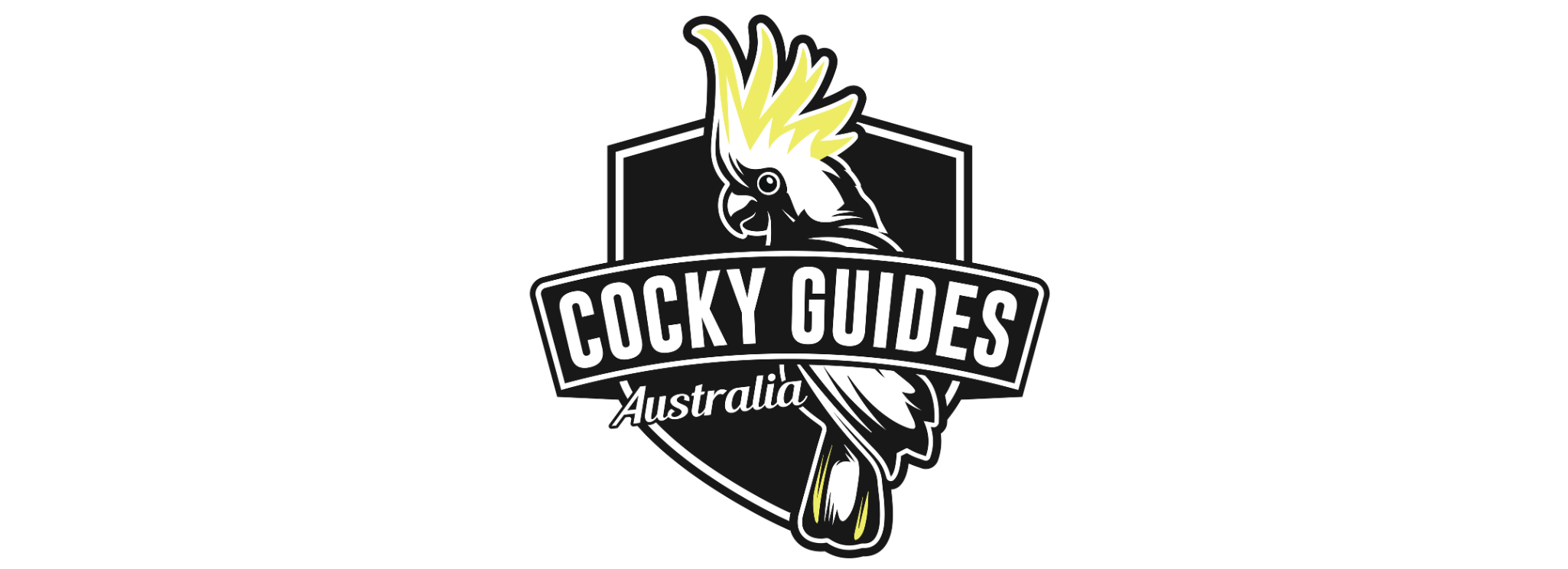Business owners often think accessibility action plans and inclusion policies are tasks for big business, however one small business is showing others in the service industry that there are plenty of cost effective ways to be more inclusive and accessible for almost 500,000 Australians living with sight loss.
Cocky Guides is a small business that provides multi-sensory group tours for the blind and low-vision community, together, with a growing network of Australian businesses, they deliver unique tactile and sensory experiences.
“It’s really important for us to exceed our traveller’s expectations to ensure repeat bookings. To do this, we not only act on what we learn from our travellers, but also share this knowledge with our service and hospitality partners. A perfect example is a casual restaurant that serves steak and chips, but plates the steak on top of the chips. What should be a pleasant meal has just been made a little harder to manage for a guest with low vision. We’d let the restaurant know beforehand that chips on the side would create a better experience for our traveller. It’s this attention to detail and knowledge sharing with other businesses that ensures each interaction is fun and enjoyable for our travellers.” said founder of Cocky Guides, James McFarlane.
Here are three cost effective ways you can be more inclusive and accessible for Australians living with sight loss:
Does your business have a price list, service information or menu that your clients refer to when they visit your business? If so, why not create a simple folder with the same information in large print format. Many people with low vision are able to read documents printed in 18 point type in a sans serif font such as Arial. Once you’ve created a document in large print, make sure you promote this service on your standard documents or with a sign advising a large print version is available. You could also go one step further and transcribe your frequently used documents into Braille.
“It’s always such a treat to have a menu in Braille. I like to read about all the meals, even ones I would never order, just because I can.” said Cocky Guides traveller, Fiona Woods.
Are you aware that complete blindness, or no light perception is incredibly rare? Customers who are blind or have low vision will appreciate an increase in the amount of available lighting in your shop, showroom or restaurant. Simply changing light bulbs to a higher wattage or providing extra lighting may make a significant difference.
Did you know that many people living with sight loss use screen readers? This technology reads out loud the content that is on the computer screen. This include images, so make sure you are creating a description of images for use in alt tags on your web pages. It can be extremely frustrating for people with visual impairments navigating your site without them. Also make sure screen readers are pronouncing your social media hashtags clearly and correct. Use capitalised letters for each new word, for example #AccessAndInclusion instead of #accessandinclusion. This will also make your hastags easier to read for all users.
There are many small ways that small business can be more accessible and inclusive to appeal to more customers. These three small ideas make a big difference to potential customers living with sight loss.
Cocky Guides regularly share articles and insights from travellers via their newsletter. To find out more cost effective ways to be more inclusive and accessible for Australians living with sight loss, subscribe or connect with us at cockyguides.com.au/contact
